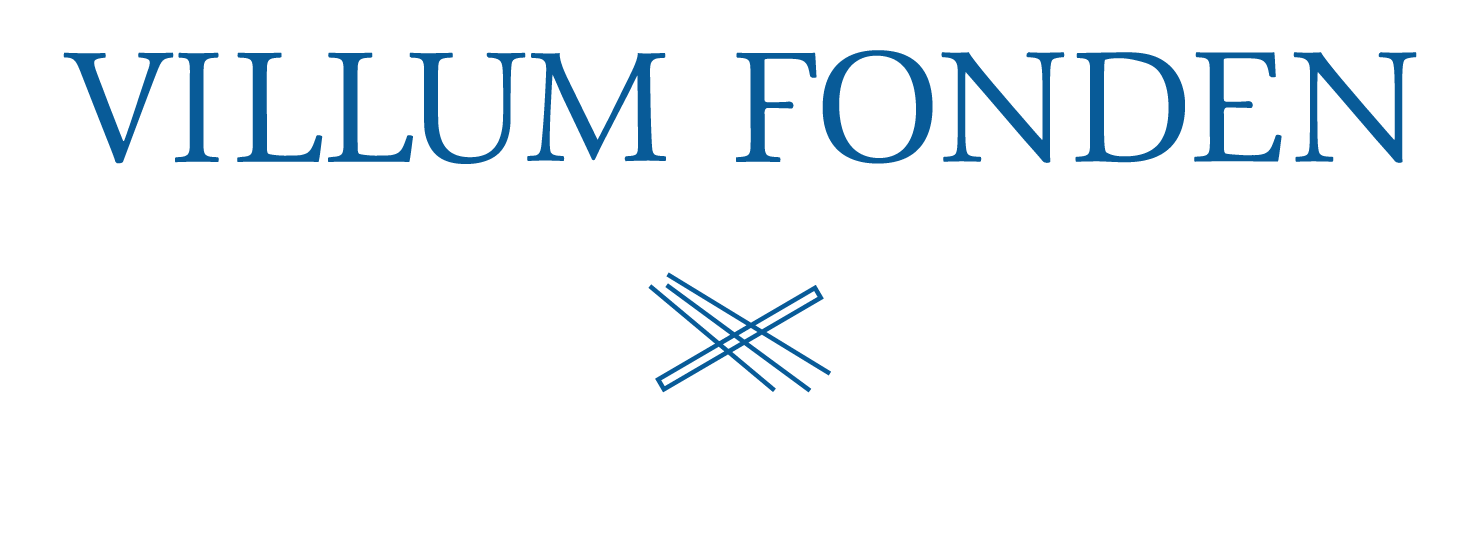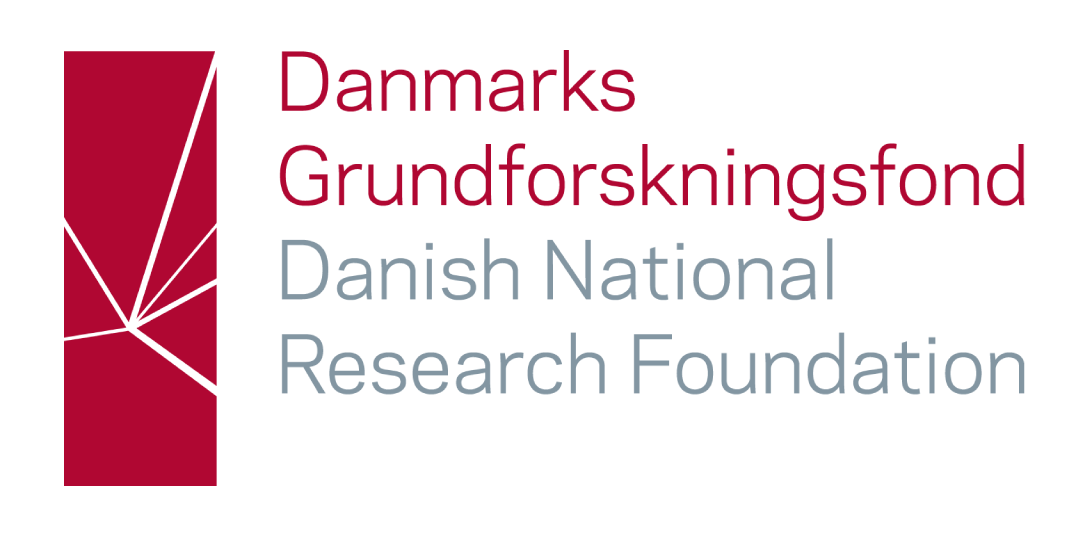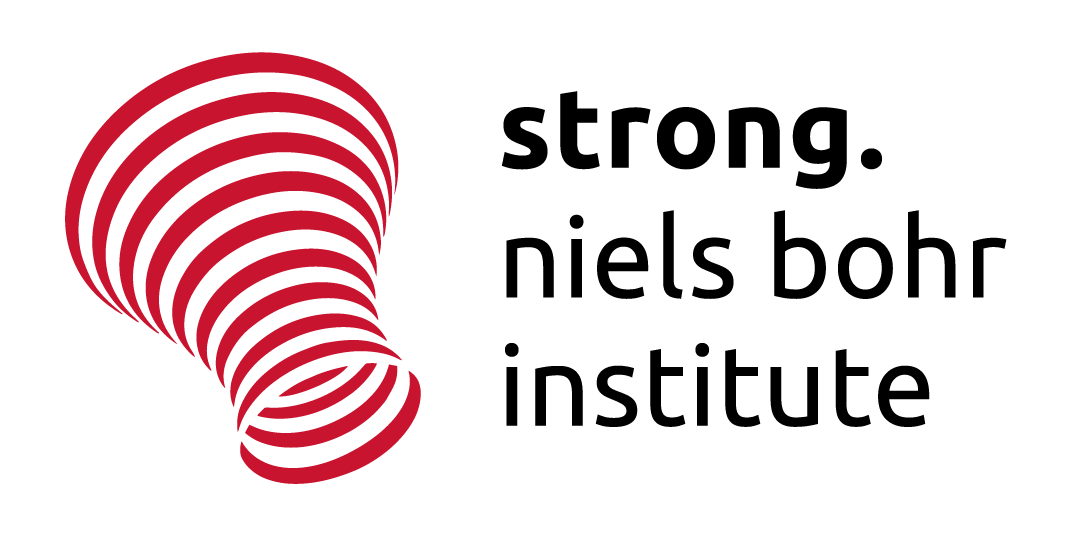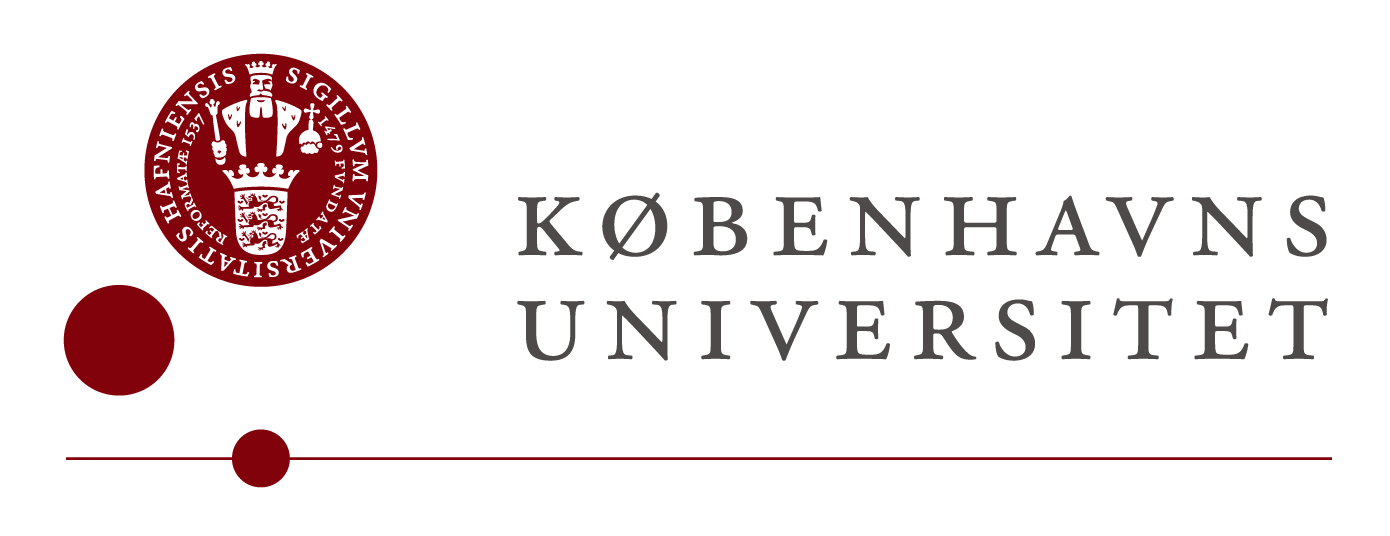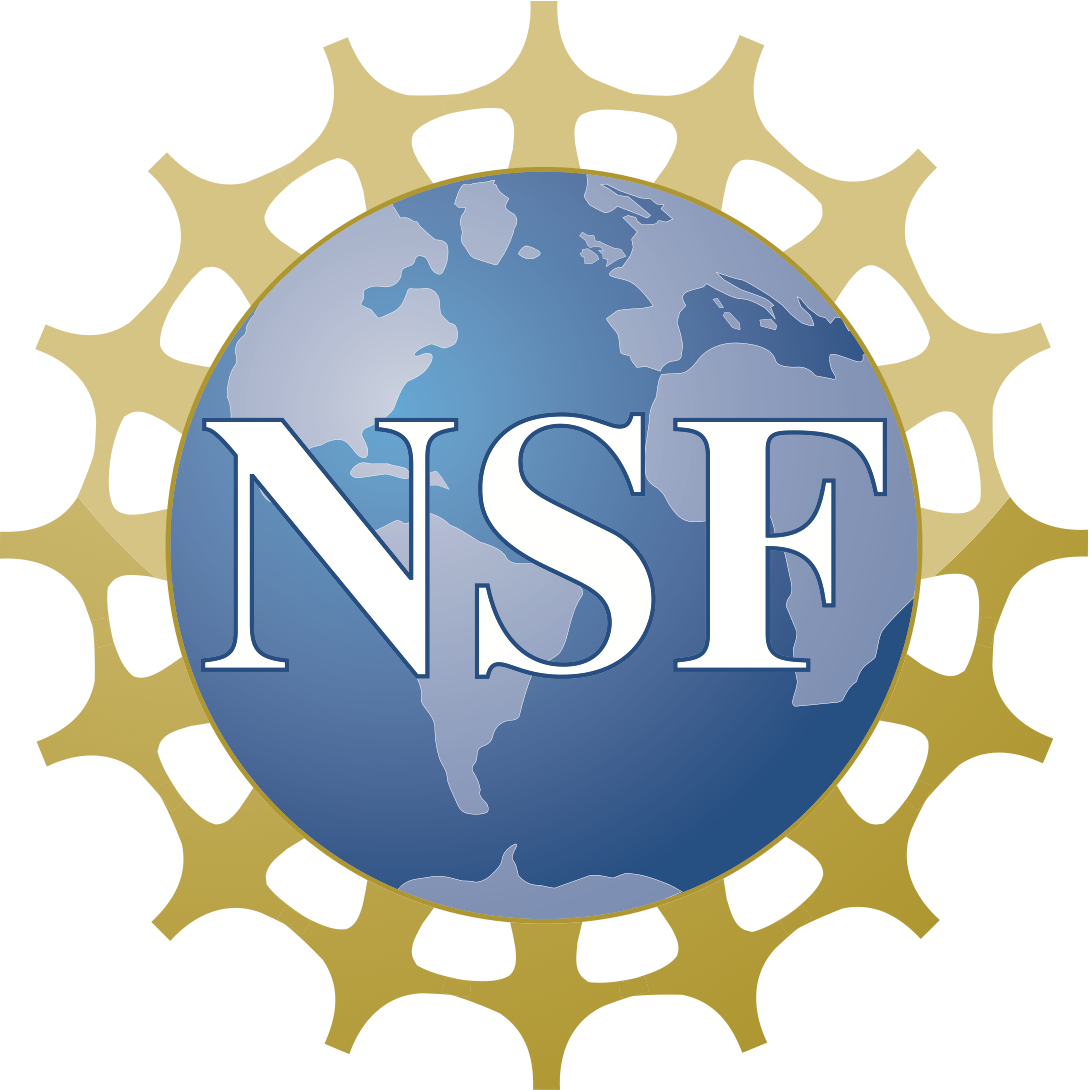Infinity on a Gridshell
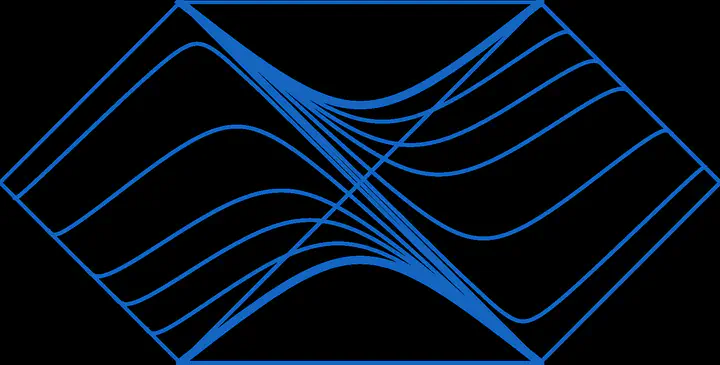 Image by Alex Vañó-Viñuales
Image by Alex Vañó-ViñualesAbstract
In recent years, hyperboloidal methods have emerged as effective tools in the field of black-hole perturbation theory, finding wide-ranging applications in various areas, including the computation of long-time wave equations, quasi-normal modes, effective-one-body formalism, and self-force. Over the past decade, significant advancements have been made in computing generic solutions to nonlinear Einstein equations on hyperboloidal surfaces. These developments have propelled the field forward, enabling researchers to gain deeper insights into the behavior of black holes and paving the way for further breakthroughs in our understanding of gravitational phenomena.
Goals
This workshop aims to bring together leading experts to review and summarize the progress in hyperboloidal methods. Our primary objectives are to evaluate the current state-of-the-art of these methods across diverse applications and to foster the development of new collaborative efforts. Particular emphasis will be placed on open problems, such as solving the nonlinear Einstein equations in scenarios relevant to astrophysics.Schedule
| Time | Mon, 10 Jul | Tue, 11 Jul | Wed, 12 Jul | Thu, 13 Jul |
|---|---|---|---|---|
| 8:30—8:45 | Coffee and Tea | Coffee and Tea | ||
| 8:45—9:00 | Welcome | |||
| 9:00—9:45 | Abhay Ashtekar | Sascha Husa | Sebastiano Bernuzzi | Florian Beyer |
| 9:45—10:30 | Adam Pound | Shalabh Gautam | Manas Vishal | István Rácz |
| 10:30—11:00 | Coffee and Tea | |||
| 11:00—11:45 | Barry Wardell | Miguel Duarte | Charalampos Markakis | Philippe LeFloch |
| 11:45—12:30 | Benjamin Leather | Christian Peterson | Todd Oliynyk | Marica Minucci |
| 12:30—14:00 | Lunch | |||
| 14:00—14:45 | Lidia Gomes da Silva | Edgar Gasperin | Dejan Gajic | Jason Joykutty |
| 14:45—15:30 | Oliver Long | Jörg Frauendiener | José Luis Jaramillo | Alex Vañó-Viñuales |
| 15:30—16:00 | Coffee and Tea | |||
| 16:00—17:00 | Roundtable Self-force | Roundtable Einstein equations | Roundtable BH perturbations | Roundtable Future projects |
Conference Photos
Workshop
Dinner
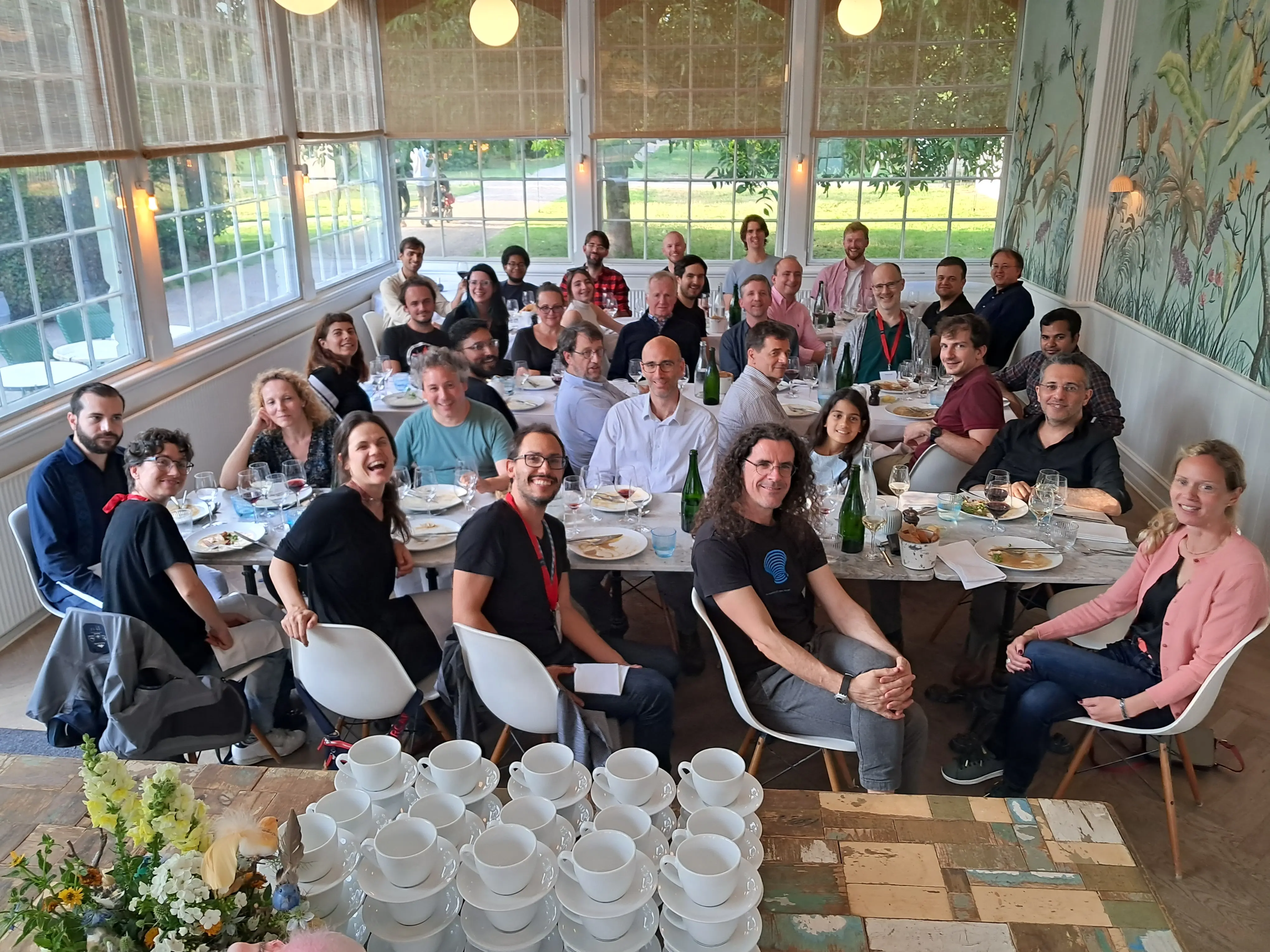
Streaming
Talks will be streamed online. If you are interested in attending online, please register here.
Activities
Tour of NBI Archives, Monday, 10 July, and Tuesday, 11 July, at 17:30.
The Niels Bohr Institute (NBI) where the workshop will take place was founded by Niels Bohr in 1921. NBI has played a crucial role in shaping the development of quantum mechanics and quantum information theory. A tour of the institute’s archives will be offered on Monday and Tuesday at 17:30. The tour is free of charge and will last approximately 1 hour.
Conference Dinner, Wednesday, 12 July, 18:30.
The conference dinner will take place on Wednesday, 12 July, at 18:30 at Restaurant Orangeriet located at Kronprinsessegade 13 by the Rosenborg Castle Gardens.
The cost is 200 DKK for postdocs/faculty and 150 DKK for PhD students.
Conference Poster

Researchers
Scientific Organizing Committee: David Hilditch, Rodrigo Panosso Macedo, Alex Vañó-Viñuales, and Anıl Zenginoğlu
Local Organizing Committee: Vitor Cardoso, Julie de Molade, Rita Sousa
Funding
